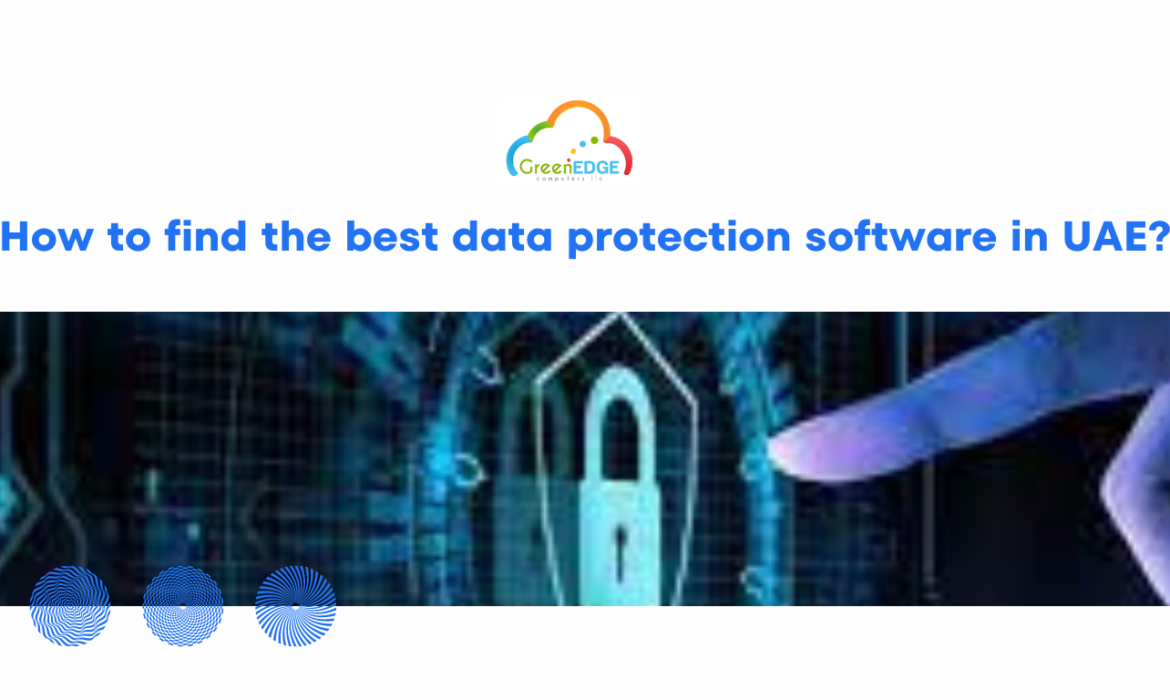Want to know about Data protection technologies? Read this!
Data protection technologies: Want to know about Data protection technologies? This article is for you. As much as we are increasing the use of the internet in our day-to-day life, the more we are sharing our personal information with unknown sources. So, in that case, the use of data protection has played a vital role in our privacy protection. So, today through this article I am going to talk about some of the data protection technologies behind data protection and they are as follows:
Encryption:
Encryption of files is a backbone of data protection. It is the securest way to store confidential information. Every day we are using social networking sites like Facebook, Instagram, etc. But whether they are providing us 100% security? Well, the answer is definitely not. They know everything about us except our user ID and password. So, it’s our prime responsibility not to share any confidential information without encrypted, because encryption eliminates all our data leakage possibilities. Encryption enables us to convert data into a ciphertext that cannot be understood by unauthorized people. There are three components of encryption.
Plain text, which is the actual data.
Ciphertext, which is a garbage character after encryption.
Encryption keys are for locking or unlocking plain text.
Also Read: How To Find The Best Data Protection Software In UAE?
Tokenization:
Tokenization is an extremely valuable feature offered by payment gateways to better protect people from a potential data breach. This service allows merchants to reduce their PCI scope by delegating the storage of sensitive payment card consumer data to a payment gateway. Once a customer’s credit card number is captured, the gateway generates a random number, called “Token” to replace it. The software platform initiating the transaction can now save the new token instead of the card number, and if the credit card has to be billed again in the future, the token can be used in place of the actual card number.
Also Read: Why Considering Datto Backup Solutions Is A Great Idea?
Cloud data protection (CDP):
Cloud data protection is a comprehensive yet flexible solution that can mitigate potential threats and protect and recover data at scale wherever it lives. It provides unmatched versatility and control in the cloud. It prevents data loss and operational disruption as fast as possible.
Also Read: What Is Data Protection And Who Many Types Of Data Protection Solutions?
Data classification:
Data classification is the primary method by which one can protect data based on its privacy, sensitivity, or confidentiality. It helps to determine how much effort, money, and resources are there to protect the data and control access to it. This is because some data items need more security than others, it is inefficient to treat all data the same when designing and implementing a security system.
Also Read: What Is Data Recovery Software And Why Is It Important For Your Business?
Endpoint security:
Endpoint security or protection is a way of protecting computer networks that are remotely in link with client devices. These devices can be laptops, tablets, and other wireless devices. It is a program that helps to identify and manage the users’ computer access over a corporate network. This allows the network administrator to prevent certain website access to specific users to maintain the privacy policies and standards of the company.
Also Read: Reasons Why Cloud Backup Is The Right Choice
Conclusion:
These are the most important data protection technologies, that you should know about. We at GreenEdge Computers Help people to protect their business data. As we know how important is it to protect your business data, we offer Datto – the best data protection software in UAE.
What are data protection technologies?
By protecting data, companies can control data breaches, and damage to reputation, and can better meet regulatory needs. Data protection solutions depend on technologies and software like data loss prevention (DLP), storage with built-in data protection, firewalls, encryption, and endpoint protection.



